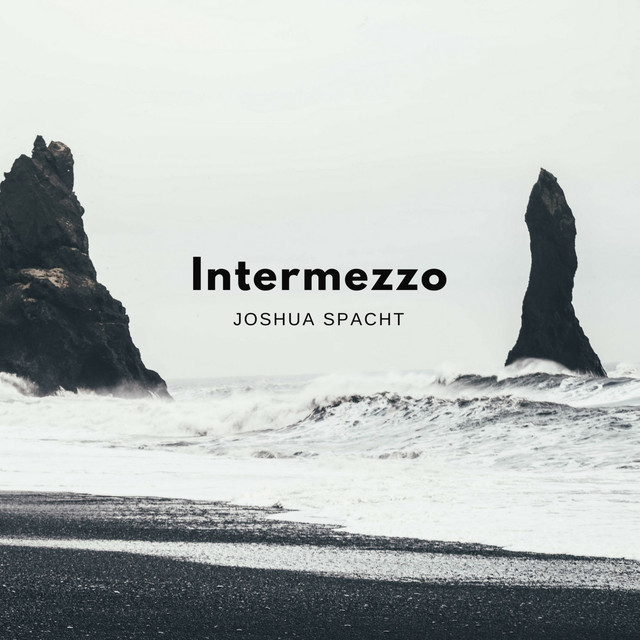It might be a bit of a stretch, but I’m going for it: Johannes Brahms was the Kanye West of the 19th Century.
Just as Kanye’s career has spanned eras, from the sample-rich sounds of 90s hip-hop to the autotune & 808 homogeny of 2018, Brahms was the link between the restrained elegance of the Classical period, and the florid emotion of the Romantic period.
And like Kanye, the older Brahms got, the more insufferable he became. He never interrupted anyone’s acceptance speech or sold t-shirts for $120, but The Telegraph ran an article a few years ago that summed up Brahms’ disposition nicely:
In person, he was as prickly as a hedgehog. It’s no accident Brahms has the most famous beard in classical music. He needed it to give extra force to his frequent snorts of derision. “If there is anyone here I have failed to insult, I offer him my apologies,” said Brahms on one occasion, as he was leaving a party. “It becomes more and more difficult to love Brahms,” sighed one of his best friends, and many people would say the same about the music.
This is basically the same exasperation conveyed by rapper Meek Mill in a recent Instragram post: an old photo of a fresh-faced Kanye, with the caption “RIP Old Kanye – we miss you bro.”
But even though Brahms may have frustrated those around him with his sarcastic wit, scraggly beard, and anti-social behaviour, his music has undeniable staying power. You’ve heard his lullaby. His first symphony is often considered equal to any of Beethoven’s. Modernist icon Arnold Schonberg hailed Brahms as laying the foundation for 20th-Century composers. He was, in short, a genius.
And if American pianist Joshua Spacht has his way, more 21st-Century listeners will come to know and love Brahms as well.
What makes this a beautiful song:
1. Rather than the typical grand-piano-in-a-concert-hall sound, Spacht purposely records his classical performances with techniques used by modern ‘neo-classical’ composers – think of the close microphones and intimate sounds of Olafur Arnalds or Dead Light – and it really makes the whole thing more intimate.
2. Although some of his contemporaries would describe him as conservative, Brahms’ work is full of emotion and romance. He wrote many heartfelt letters to, and may well have had an affair with, a composer we featured in a previous post. That passion seems to come out in the soft, gentle pulse of this piece.
3. Brahms knew how to write a good melody. Spacht told me recently, “You can strip away all the counterpoint and orchestration and hum it like you would a top-40 hit…the main theme in this intermezzo is similar in the sense that you can strip away every extraneous note and still have the song – which a 9-year-old or 90-year-old can sing.”
Recommended listening activity:
Designing your own “Brahms 2020” t-shirt.
